Psyllium Husk on Keto: Benefits + Easy Baking Guide
Primal Edge Health participates in the Amazon Services LLC Associates Program and other affiliate programs and therefore, may collect a share of sales or other compensation from the links on this page. This comes at no additional cost to you, and all the prices and availability are accurate at the time of publishing.
Curious about the compatibility of psyllium husk with your keto lifestyle? Look no further! In this comprehensive guide, we’ll explore the question, “Is psyllium husk keto?” and uncover the remarkable advantages it brings to the table.
Prepare to unravel the secrets of this versatile yet simple ingredient as we delve into its potential benefits for ketogenic dieters, from digestive health support to the best keto bread you’ve ever baked.
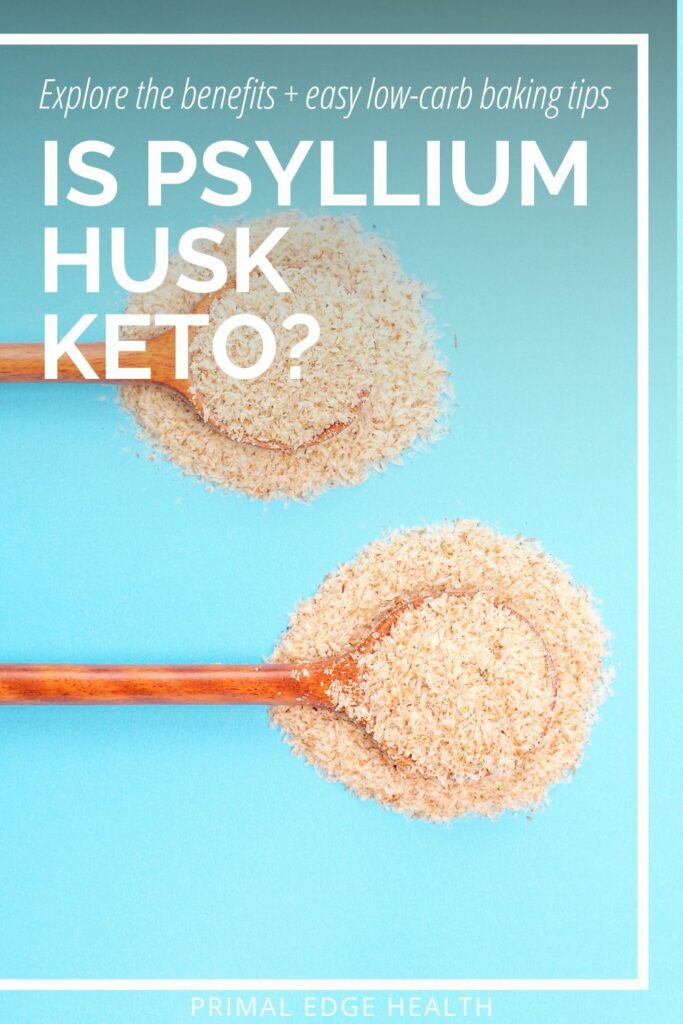
Table of Contents (click to view)
What is Psyllium Husk?
From Plantago ovata, this edible husk is a dietary supplement or ingredient with a lot of potential for those following a keto diet. The husk itself is the outer covering of the psyllium seed and is high in soluble fiber and commonly used for various health benefits.
Usually sourced from countries like India, Pakistan, and Iran, where the Plantago ovata plant thrives, the seeds are harvested, and the husks are separated, cleaned, and processed to sell in different forms such as whole husks, powder, or capsules.
Overall, psyllium husk remains a relatively unknown ingredient for many but it’s worth looking into if you haven’t tried it yet. You might be surprised how it promotes weight loss and creates a gluten-like texture for low-carb baking. In fact, it’s one of our recommended ingredients for keto baking.
The high fiber content and low carbohydrate profile align perfectly with the ketogenic diet principles, which emphasize low-carb, high-fat eating.
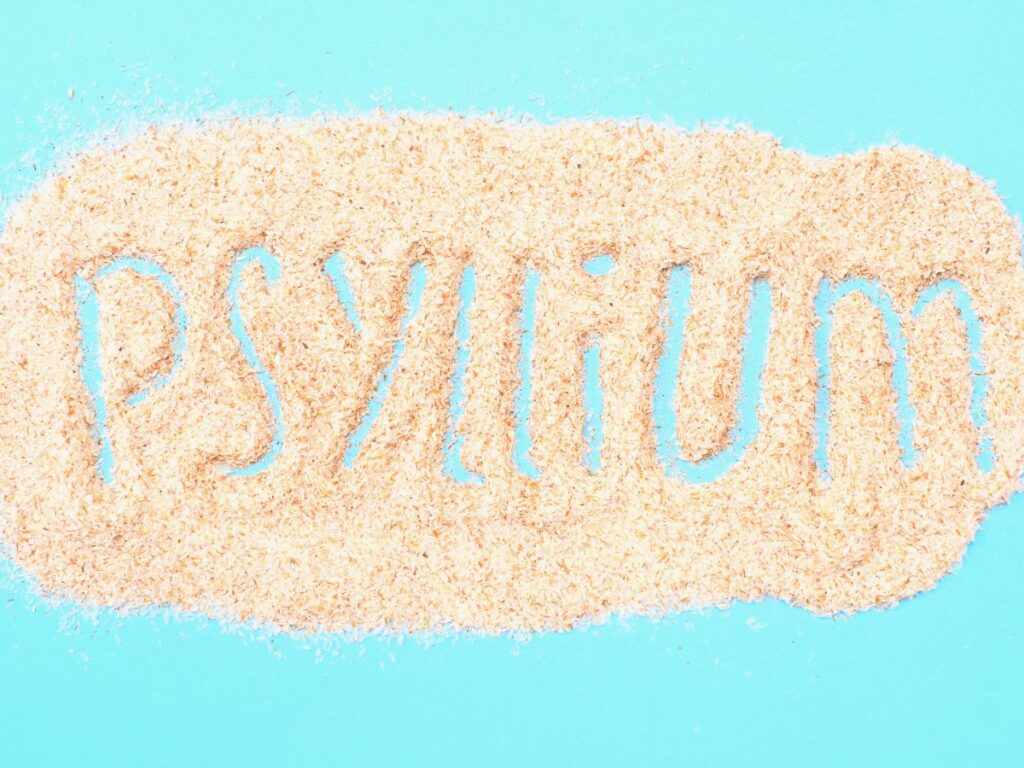
The Nutritional Profile of Psyllium Husk
Psyllium husk boasts a notable nutritional profile low in calories yet high in dietary fiber, particularly soluble fiber. This fiber content contributes to its unique properties and numerous health benefits.
Regarding macronutrients, psyllium husk is primarily composed of carbohydrates but has very few grams of net carbs once you discount the fiber content. It contains no fat or protein.
Per one tablespoon of psyllium husk powder has
- 30 calories
- 8 g total carbs
- 7 g fiber
- 1 g net carb
Psyllium husk also contains small amounts of micronutrients such as calcium and manganese. These micronutrients contribute to overall nutritional support, albeit in modest quantities.
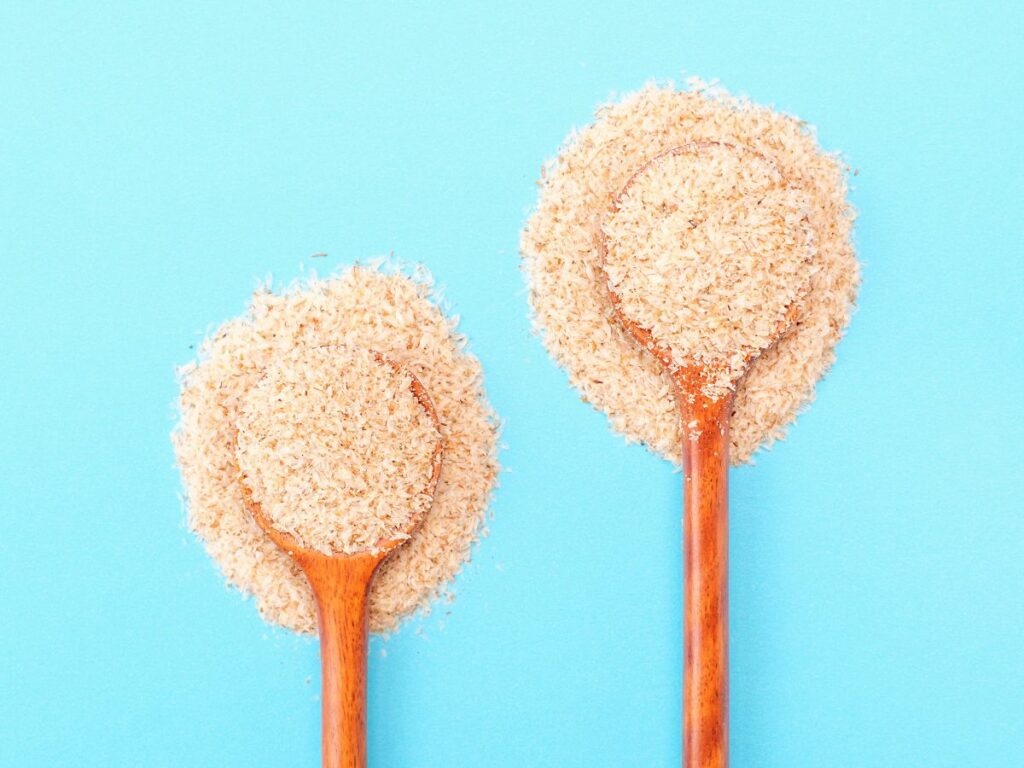
Benefits of Psyllium Husk on Keto
Beyond its culinary uses, psyllium husk is also well-regarded for its health properties, specifically for nourishing the digestive system, facilitating weight loss, and regulating blood sugar.
Promotes Digestive Health
Soluble fiber is psyllium husk’s main highlight because it is a bulk-performing laxative. This type of fiber absorbs water and forms a gel-like substance in the digestive system or your mixing bowl, depending on how you use it.
When taken internally, this gel aids in regulating bowel movements, preventing constipation, and promoting a healthy gut.
Additionally, soluble fiber acts as a prebiotic, nourishing the beneficial bacteria in the gut, which further supports digestive health.
Aids in Weight Loss
You might be following a low-carb diet for weight loss, in which case psyllium husk could facilitate your efforts.
Psyllium absorbs water in the digestive tract and promotes a feeling of fullness which may help reduce the amount of food you consume, thereby being useful for weight loss and appetite control.
Manages Blood Sugar Levels
The soluble fiber in psyllium husk may also aid in managing blood glucose levels. This is particularly important for those with diabetes or insulin resistance.
Psyllium fiber can positively impact reducing blood sugar spikes by slowing down glucose absorption and maintaining a healthy balance between insulin and blood sugar.
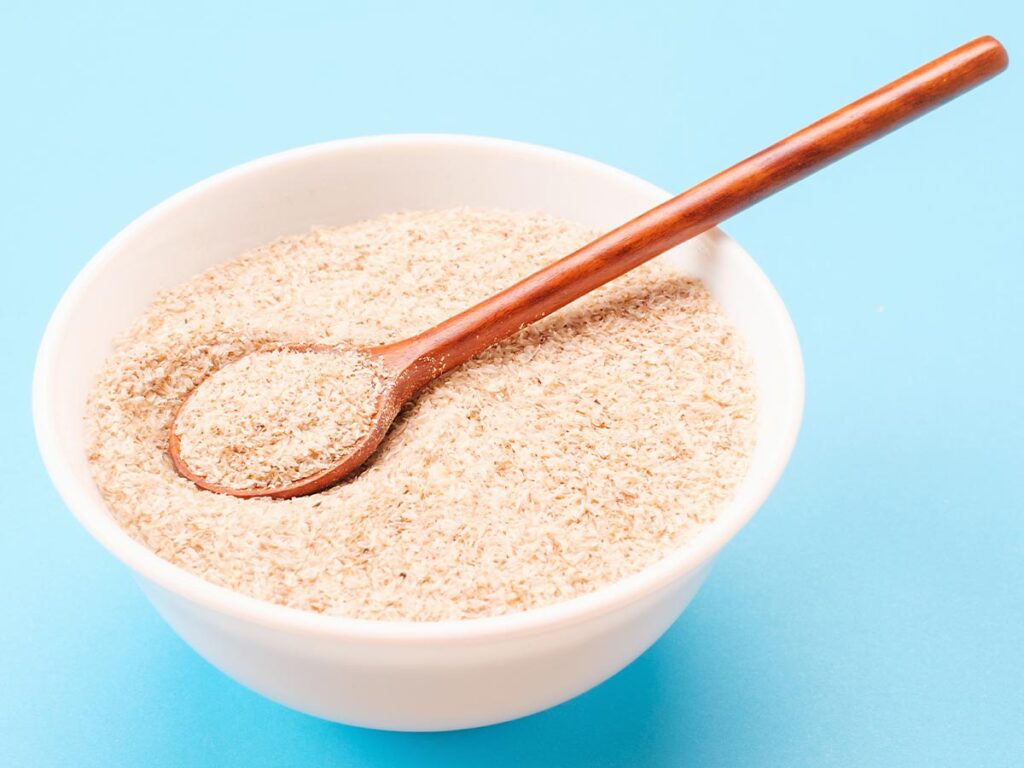
How to use Psyllium Husk in Keto Baking
Aside from its popularity for health applications, psyllium husk also has a notable culinary benefit. In the kitchen, it is commonly used as a binding agent and natural thickener for gluten-free baking.
The bulking effect is incredibly similar to the way gluten holds a recipe together but allows for an entirely wheat-free ingredient list. It’s possible to give a chewy texture and well-structured form to bread, muffins, and cakes just by adding a small amount of psyllium husk.
In our experience, psyllium husk is the ideal ingredient perfect keto bread recipes because it mimics the spongy texture of wheat bread without using any glutenous flour. Psyllium also protects the moisture of bread and prevents it from drying out.
For the best results, use psyllium husk powder in recipes rather than the whole husk. Using the husk can leave a gritty texture that’s not a nice mouthfeel.
Typically, mix the psyllium powder and water in a separate bowl, watch it gel, then incorporate it into the dough. Alternatively, stir the powder with all the dry ingredients first, then add the liquid. Each recipe will indicate the best way. Follow the step-by-step.
It might not look impressive in your bowl but wait until you pull it from the oven. The magic happens while it bakes.
After removing the bread from the oven, gently press your finger on the hardened bread crust and you’ll feel the center give a little. The inside crumb rises while the outside bakes into a crusty golden brown.
Flax and chia seed can do something similar but are not as consistent or versatile as psyllium.
Expert Tips for Baking with Psyllium Husk
- Avoid the whole husk because it will leave small grainy bits in your bread loaf.
- If you can only find whole husk, grind it into a fine powder in a blender or coffee grinder before using it.
- Psyllium husk absorbs water very quickly. Get your ingredients ready ahead of time. You make need to work fast once it is added.
- Generally, recipes with psyllium husk have longer baking times, but it is well worth the wait. Plan accordingly.
- Buy psyllium husk powder from Mountain Rose Herbs or a local health food store.
- You may enjoy this type of fiber even if you do not tolerate fibrous vegetables well. The psyllium fiber is a mucilage type, different from what is found in kale, broccoli, and other low-carb vegetables.
9 Irresistible Psyllium Husk Recipes for Weight Loss
Discover a treasure trove of enticing keto recipes with psyllium husk to support your weight loss goals. From delectable baked goods to satisfying savory dishes, these low-carb recipes will tantalize your taste buds and keep you on track with your grain-free and gluten-free lifestyle.
For more psyllium husk powder recipes, buy my cookbook, The Ultimate Guide to Low-Carb Baking, featuring Smoked Salt Dinner Rolls, Keto Tortilla Chips, and Nut & Seed Mini Bites.
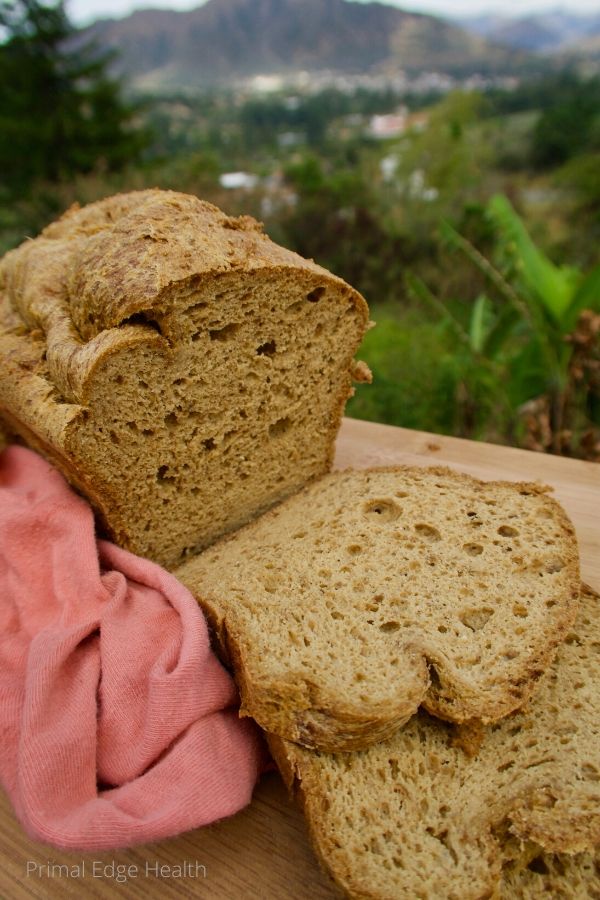
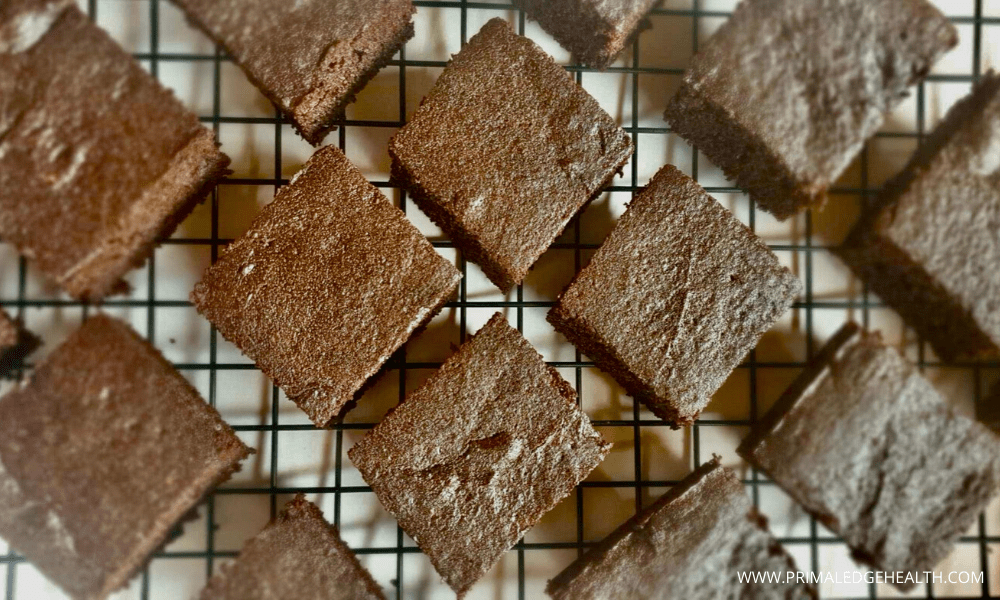
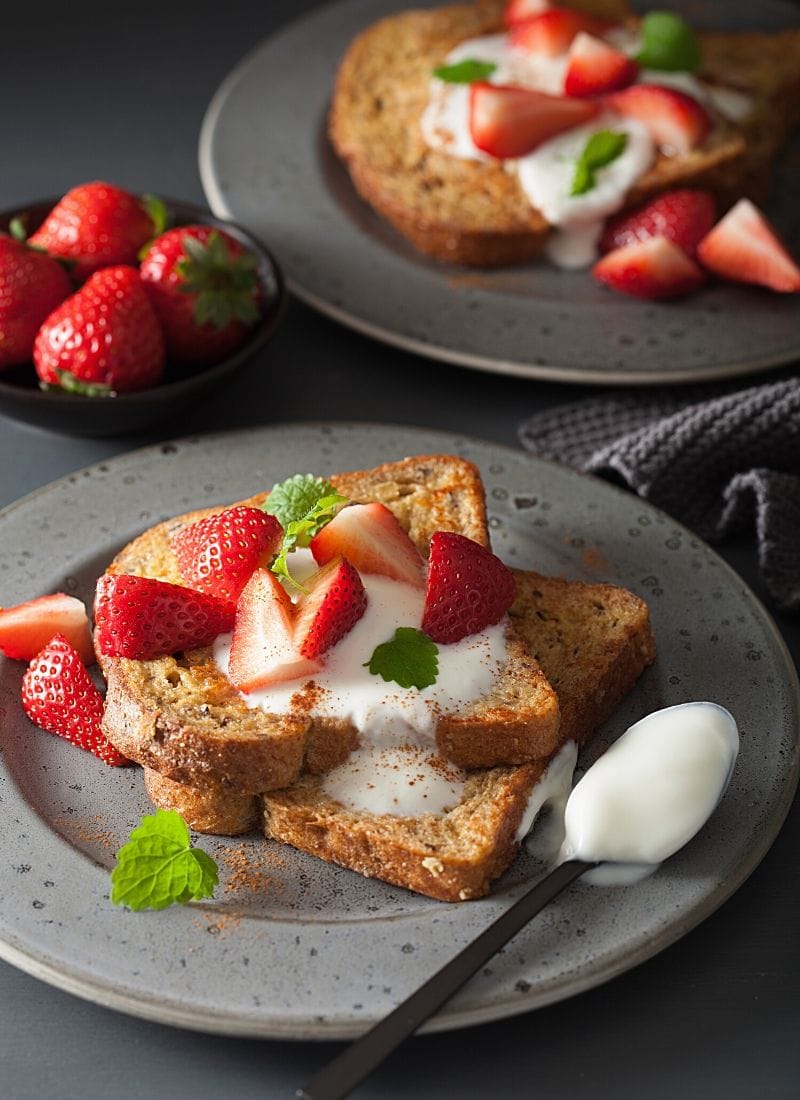
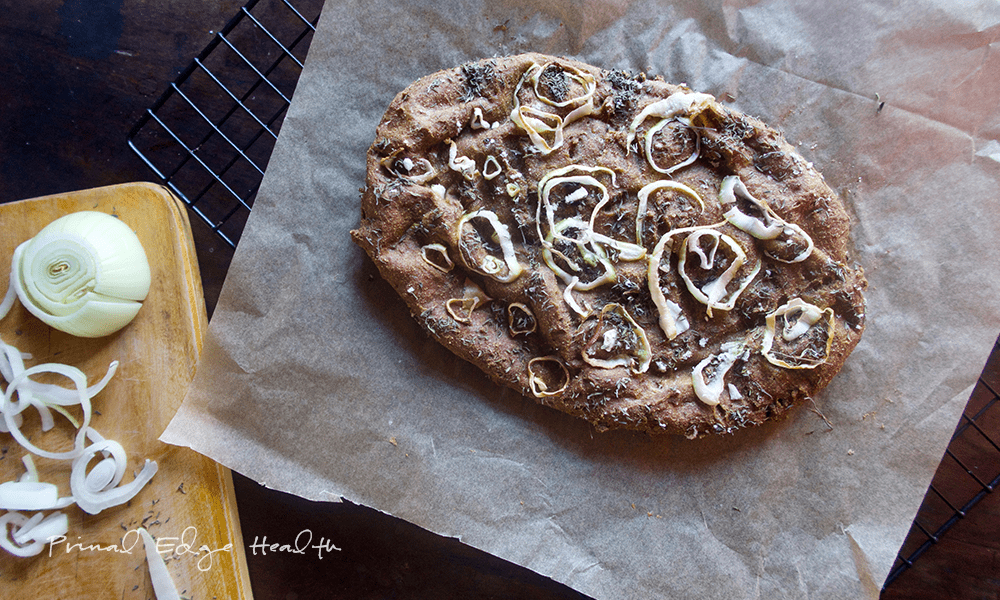
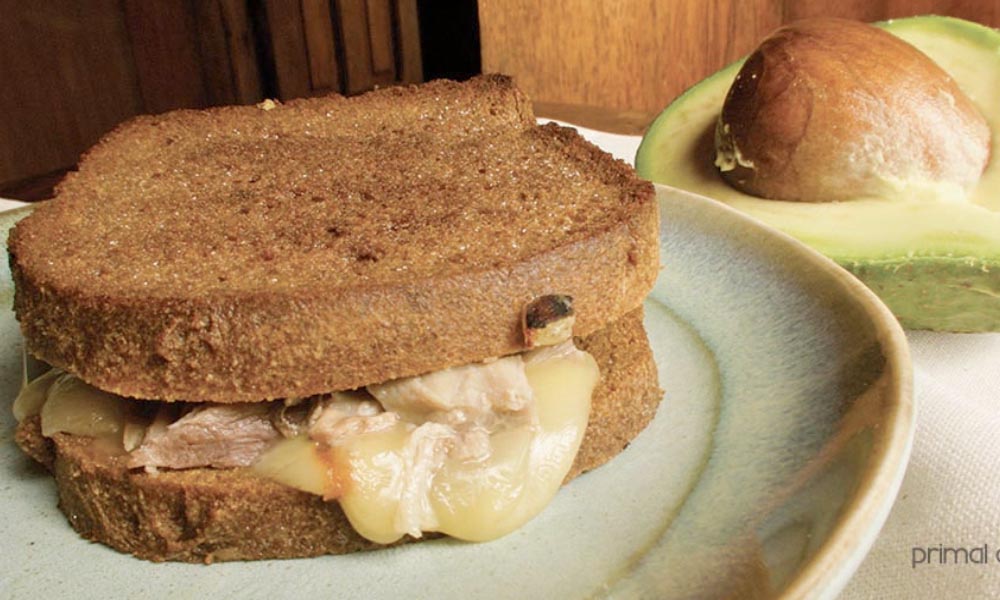
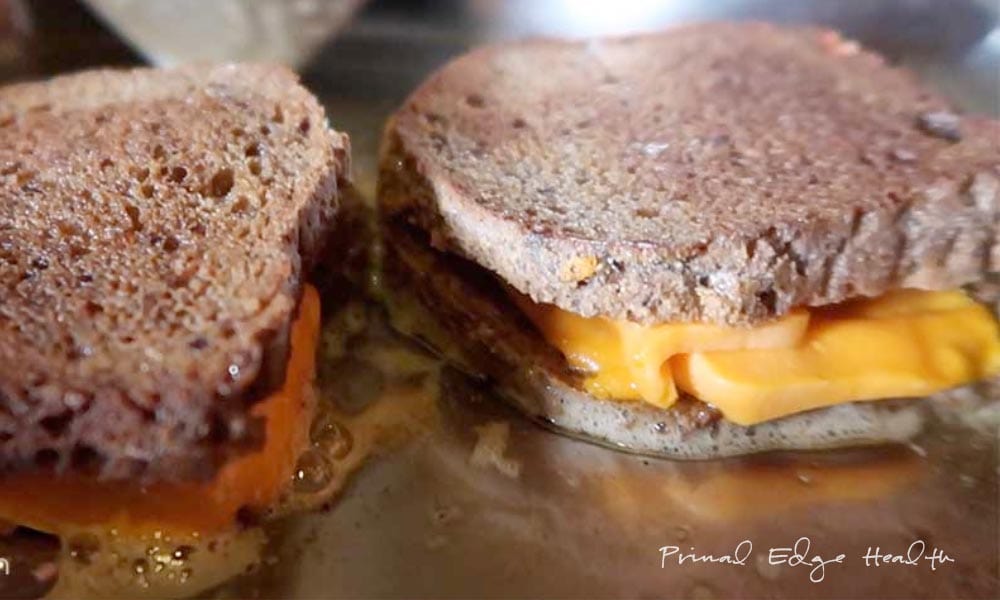
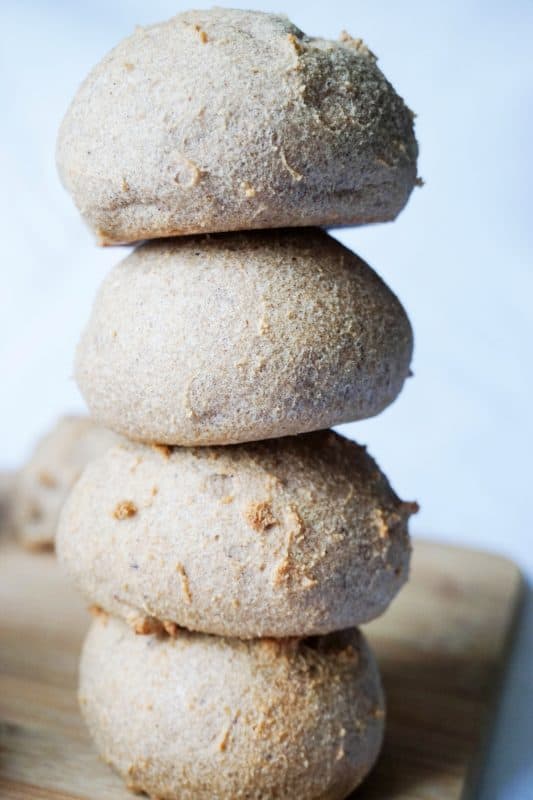
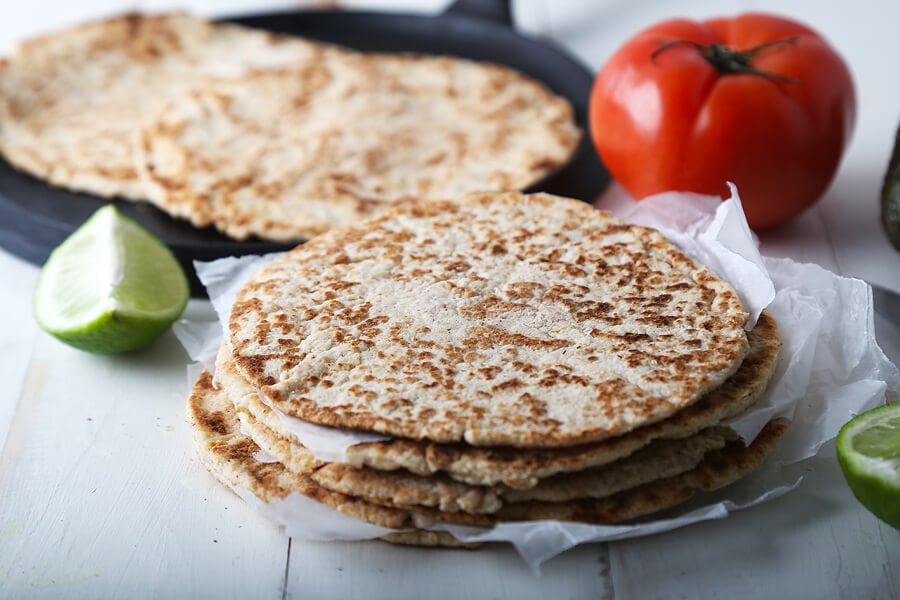
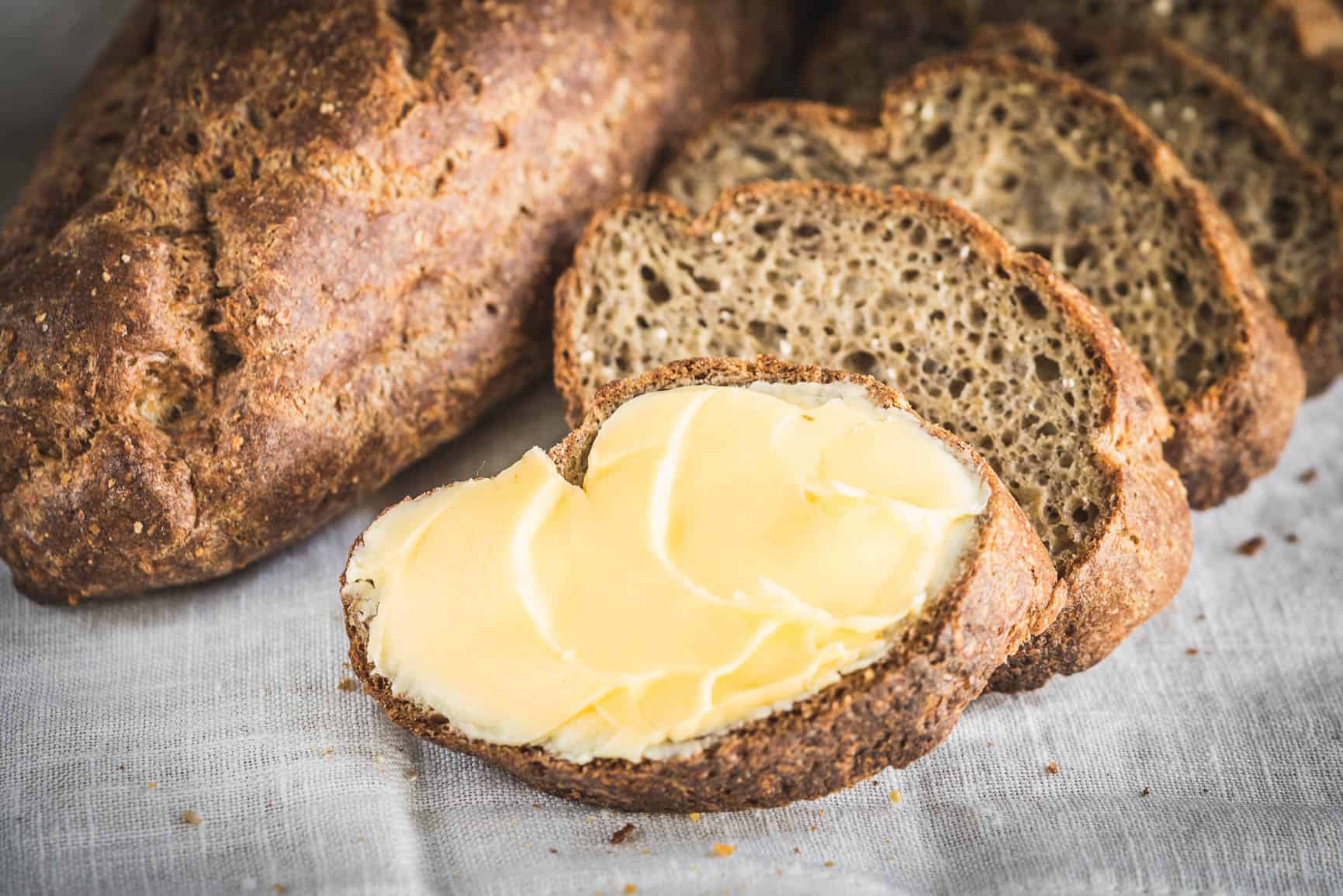
Closing Thoughts
Overall, psyllium husk’s versatility and availability in different forms make it a valuable addition to the ketogenic diet. It offers convenience in baking and provides a natural and effective means of maintaining digestive wellness.
Have you worked with psyllium husk before? What do you think about it? Leave a note with your experience in the comments!
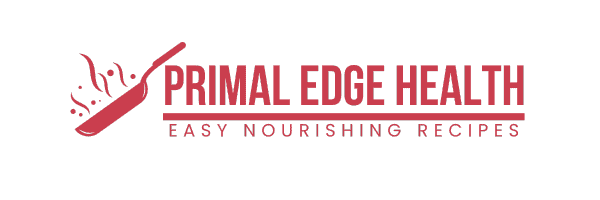

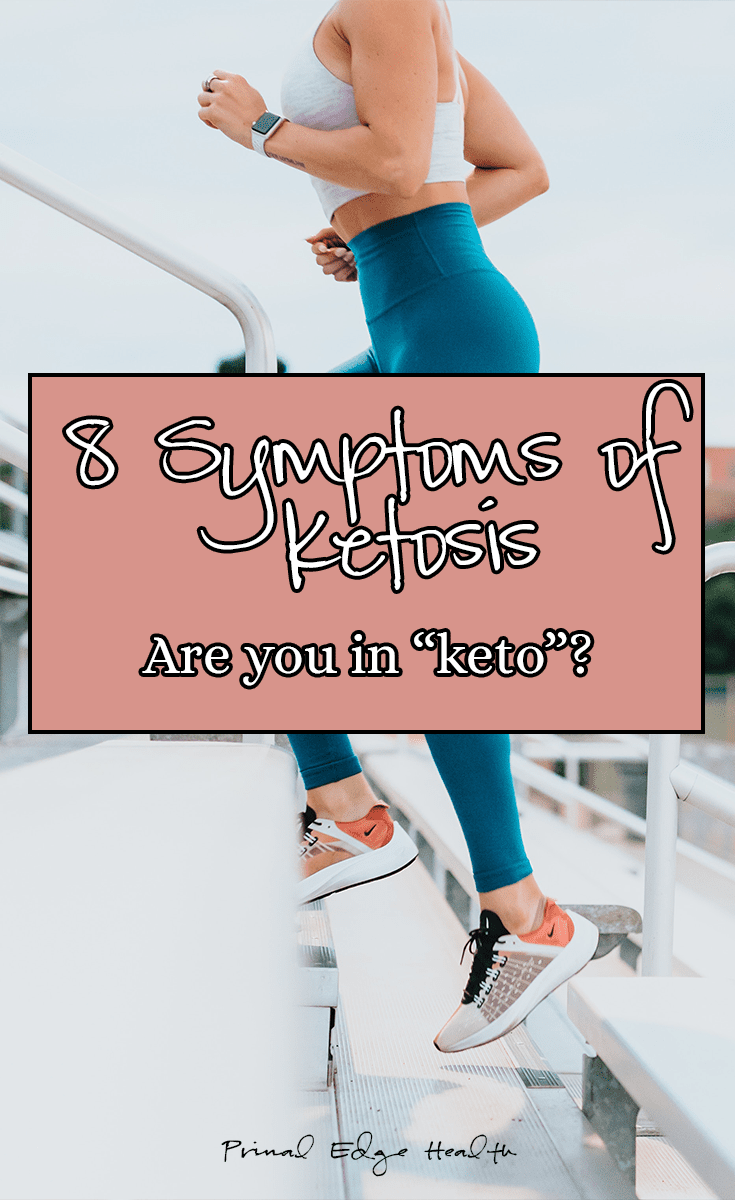
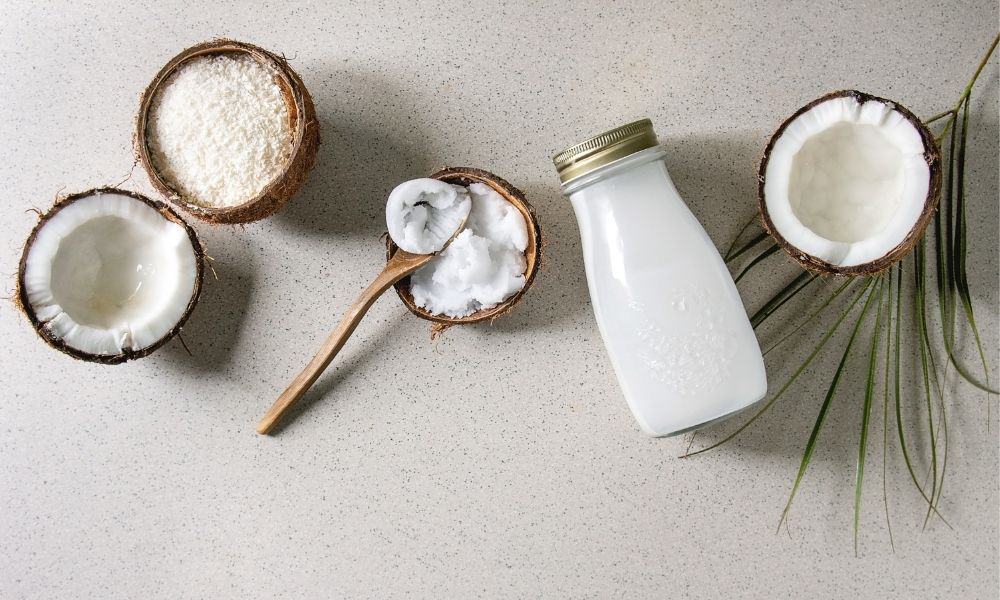

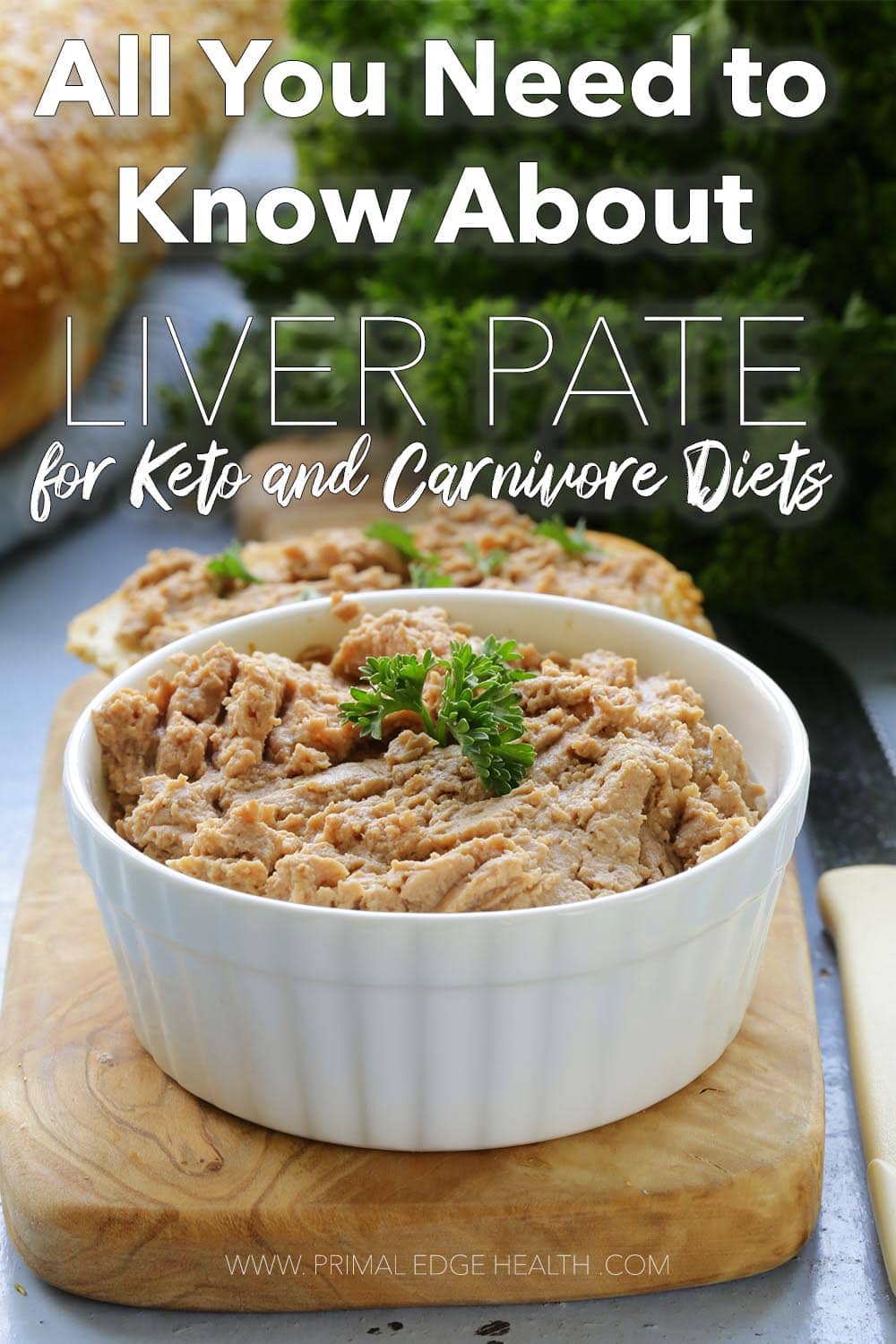
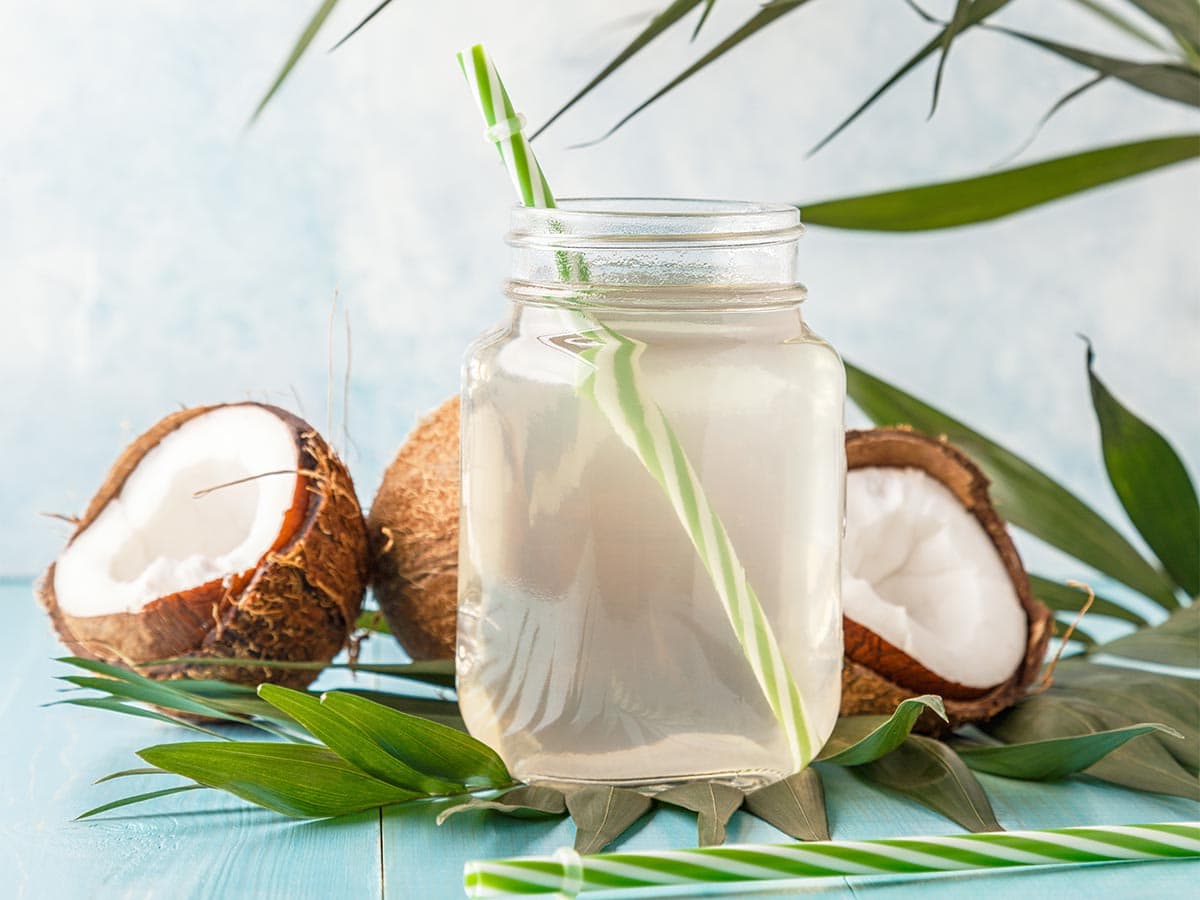
I really found the part about managing blood sugar levels helpful. Thank you!
So happy to help, Bob! Thanks for visiting and leaving a comment.
Capsules of psyllium husk were recommended to me to help with digestion when I had to take an iron supplement, but I never realized it could be used to make beautiful loaves of low carb bread! Time to break out the leftover psyllium husk!
Make beautiful loaves, brownies, tortillas and more. Enjoy Joy, and thanks for visiting!